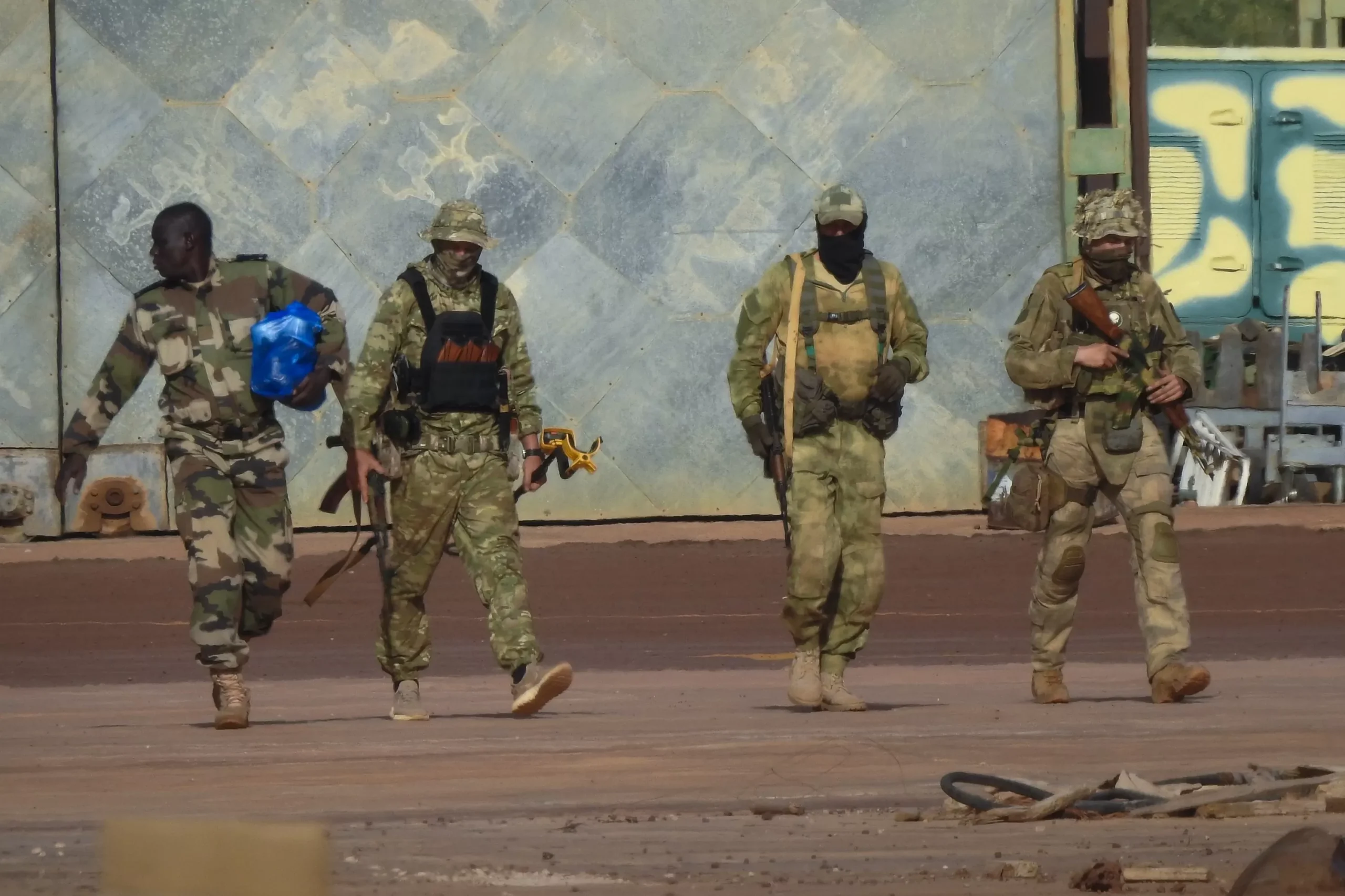Russian Mercenary Group Wagner Acknowledges Heavy Losses in Mali Clashes: A Step Towards Ending Conflict
The Russian mercenary group Wagner, known for its involvement in conflicts around the world, has made a surprising admission. On Monday, the group acknowledged that it had suffered heavy losses during clashes with separatist forces in northeast Mali. This comes as a significant development in the ongoing conflict in the West African nation and could potentially pave the way for a resolution.
The clashes took place last week in the Gao region, an area that has been plagued by violence and instability since 2012. The separatist groups, who are seeking autonomy for the ethnic Tuareg people in the north, have been engaged in a long-standing conflict with the Malian government. And with the involvement of Wagner, the situation has only escalated.
But the admission of heavy losses by the Russian mercenary group is a clear indication that the conflict has taken a toll on both sides. It is a step towards acknowledging the human cost of war and could potentially lead to a more peaceful resolution.
The statement released by Wagner on Monday did not specify the number of casualties, but reports suggest that it could be in the dozens. This is a significant blow to the mercenary group, which is known for its highly trained and well-equipped fighters. It also highlights the intensity of the clashes in the Gao region and the determination of the separatist forces.
The Gao region has been a focal point of the conflict in Mali due to its strategic location and natural resources. The separatist groups have been fighting for control over the region, while the Malian government has been trying to establish its authority and protect its resources. The involvement of Wagner in the region has only added fuel to the fire, with reports of human rights abuses and civilian casualties.
However, the acknowledgement of heavy losses by Wagner could be a turning point in the conflict. It shows that even the most well-trained and well-equipped fighters are not invincible. It also highlights the bravery and determination of the separatist forces, who have been fighting for their cause with limited resources.
This admission by Wagner also opens up the possibility for a peaceful resolution to the conflict. It could pave the way for negotiations between the two sides and bring an end to the violence and bloodshed in the Gao region. The mere acknowledgement of losses by the mercenary group sends a strong message that they are willing to listen and consider a peaceful resolution.
Moreover, the admission of heavy losses could also have a ripple effect on other conflicts where Wagner is involved. The group has been accused of being a destabilizing force in conflicts around the world, and this acknowledgment could lead to a reevaluation of its actions.
The Russian mercenary group has not only faced heavy casualties in Mali, but it has also faced criticism and condemnation from the international community. The United Nations has repeatedly raised concerns about the involvement of Wagner in the conflict and called for a peaceful resolution. This admission of losses could be seen as a step towards addressing those concerns and working towards a resolution that benefits all parties involved.
The conflict in Mali has taken a toll on the country and its people. It has resulted in thousands of deaths and the displacement of hundreds of thousands of people. The admission of heavy losses by Wagner is a reminder of the human cost of war and the importance of finding a peaceful solution.
In conclusion, the acknowledgement of heavy losses by the Russian mercenary group Wagner in the clashes with separatist forces in Mali is a significant development in the conflict. It shows that even the most powerful fighters are not immune to the effects of war and could potentially pave the way for a peaceful resolution. This admission should be seen as a step towards ending the conflict in Mali and bringing much-needed stability to the region. Let us hope that this development marks the beginning of a new chapter of peace and reconciliation in Mali.





![Complete BritRail Pass Guide [Types, How to Use It, Pros + Cons]](https://inside-news.uk/wp-content/uploads/2025/06/00221EB4-BCA2-4DBB-6CD4-83DBC37D71FA-120x86.webp)












